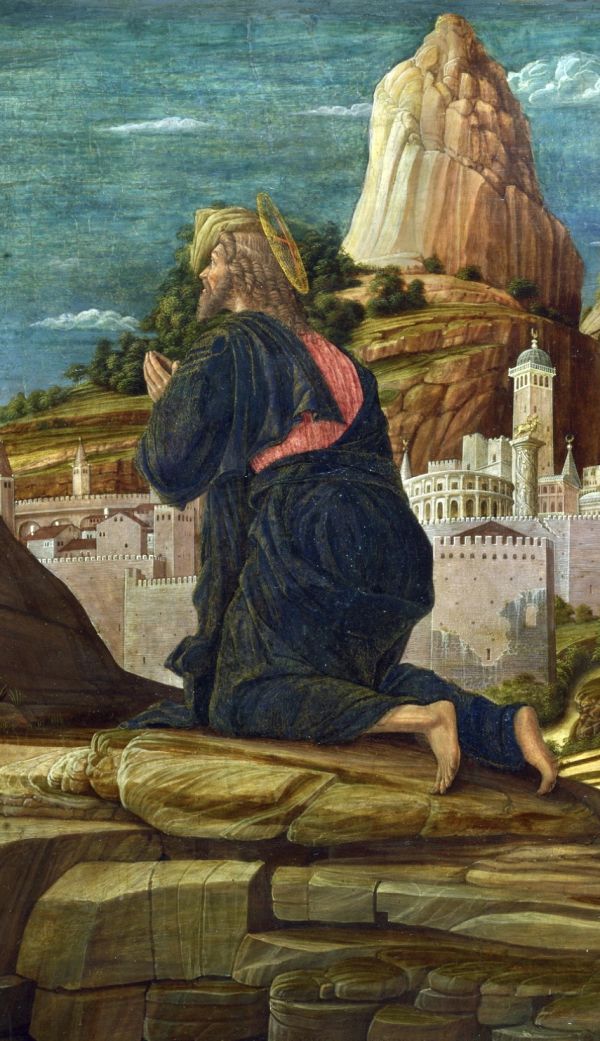Incessant struggle with ourselves and God
(Mt 7:7-12)
Sometimes we put the Father in the dock, because he seems to let things go as our freedom directs them.
But his Design isn’t to make the world work perfectly with transistors (of the past) or integrated circuits (in their respective "packages") or "chips" [various "pieces"]…
God wants us to acquire a New Creation mentality. His Action shapes us on the Son, transforming projects, ideas, desires, words, standard behaviors.
At first, perhaps prayer may seem tinged with only requests. The more one proceeds in the experience of prayer in Christ, the less one asks.
Questions are attenuated, to the point of almost entirely ceasing - in an ever more conscious welcome, which becomes real contemplation and ‘union’.
We do not know how long, but the "result" takes over suddenly: not only certain, but disproportionate.
As extracted from a continuous incandescence process, where there are no logical networks, nor easy shortcuts.
We receive the maximum and complete Gift. And we can host it with dignity. A new Creation in the Spirit, a different aspect.
Unusual destination - not simply one that’s fantasized or well arranged (as transmitted or expected).
God allows events to take their own course, apparently distant from us; therefore prayer can take on dramatic tones and arouse irritation - as if it were an open dispute between us and Him.
But the Lord chooses not to vouch for our external dreams. He doesn’t allow himself to be introduced into small limits.
The Eternal wants to involve us in something other than our goals, which are often too similar with what we have under our noses.
He invents expanded horizons, and makes us dialogue with our deep states, so that we give up the rigid point of view and are introduced into another kind of programs.
Reading from a totally "inadequate" point of view can open minds - and change feelings, transform us inside.
When someone believes they have understood the world, they already condition other, more intense expectations, that would like to invade our space.
Prayer then must be insistent, because it’s like a look placed on oneself; not as we thought.
The inner eye creates a sort of clear space, inside, to welcome the Presence that does not pull the essential self of the person elsewhere.
By dwelling for a long time in the House of our very special essence.
The conscious emptying out of the piled-up junk is as if filled by the interpersonal dialogue-Listening with the Source of being.
In it, is nested our special Seed: there the ‘difference of face’ that belongs to us is as if seated and in the making.
Without the definitions and aspirations of nomenclature, in a "discharged" state but full of potential energies - our characteristic and unmistakable Plant touches the divine condition.
Through incessant dialogue with the Father in prayer, we make room for the Roots of Being, for a different fate.
This in the conscious gap of that part of us that seeks certainties, approvals.
Continuous prayer (unceasing listening and perception) excavates and disposes of the volume of trivial redundant thoughts.
In this space opportunities open up, inner cleansing is created so that the Gift - even extravagant - comes. Not second hand.
[Thursday 1st wk. in Lent, March 13, 2025]












